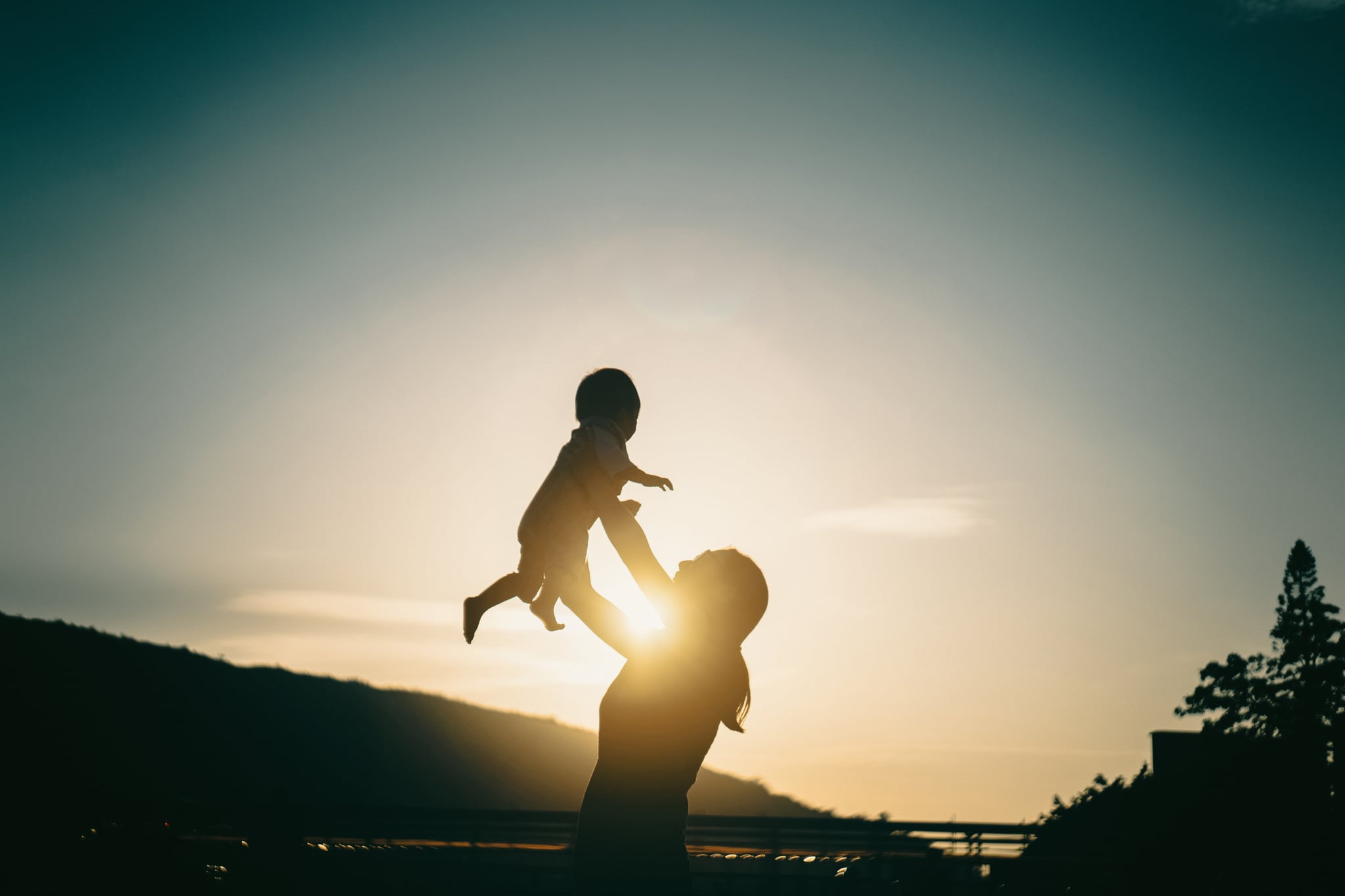
I was 20 weeks pregnant when I found myself clutching my abdomen, doubled over from the excruciating pain of contractions [1]. For two weeks, my husband and I had been waiting for this moment, fully expecting labour to begin sooner than we'd previously known possible, but still hoping it wouldn't. At 18 weeks pregnant, my water had broken, completely draining my womb of amniotic fluid. And as a result, losing our baby was almost guaranteed. But even though my body was failing, our baby was healthy with a strong heart beat, so we decided to continue the pregnancy.
We'd wished for a miracle, but as I kissed my 3-year-old daughter goodbye before rushing to the hospital, it was clear that wasn't going to happen. As my husband sped down the interstate and I gripped the seat of the car while breathing through contractions, I wondered if my baby would even be born alive. Because for the first time in my life, I fully understood that some babies never take a breath [2]. And in less than an hour, I had my answer.
Upon arriving at the hospital, a nurse led me to a room at the very end of the hallway in the Labour and Delivery unit and a short time later, while checking my progress, my doctor reported that she could feel my baby's head. Thirty minutes later I gave birth to a stillborn baby [4], and I can honestly say I have never been so devastated. The nurses swaddled him in a tiny blanket covered with pink and blue footprints, and I held him, counting his fingers and considering the ways in which he resembled his sister. But instead of discussing his future, we discussed his funeral.
Of course I was grateful for my daughter. But I was still heartbroken. And honestly, having a child to care for didn't make dealing with my loss any easier.
The following day, when I left the hospital, I was a different person than I had been just hours earlier. I felt empty, broken, even hopeless as the reality that my baby would forever be an invisible part of our family settled in. I had gone from being an expectant mother to a bereaved mother [5], and with heartache written all over my face, I hardly recognised myself. Upon returning home, I didn't know how I was going to parent my living child – she was so full of life and I felt like I'd just lost mine.
I fell into bed, and if it were up to me, I would have stayed there for months. The grief was paralyzing. There was no longer a due date to look forward to. Or a nursery theme to pick. Or a baby shower to plan. Because there was no longer a baby. And I wanted so desperately for things to be different. Almost immediately, the phone started ringing, and because I couldn't bring myself to speak to anyone, I let it go to voicemail. Texts and emails poured in. Sympathy cards began filling our mailbox. And while each person behind the message expressed regret and sadness over the baby I'd lost, there was another theme that came through loud and clear. And that was that I should be grateful for what I did have [6].
"At least you have your daughter," they'd say. "Be grateful for her." The sentiments would continue with comments about how having a living child should somehow provide healing for the one I'd lost; how my daughter must be a "good distraction" and how her presence would surely "ease the pain" of my other child's absence. I knew these statements weren't meant to hurt, but they did. I needed my grief to be validated, not brushed aside for the sake of gratitude [7]. When someone loses a parent or a sibling, we don't tell them to simply be grateful for the parent or sibling they still have. We allow them to grieve their loss. So why is it different when someone loses a child?
Of course I was grateful for my daughter. But I was still heartbroken. And honestly, having a child to care for didn't make dealing with my loss any easier [9]. Actually, in some ways, it made it harder. I was consumed by sorrow. It took every ounce of energy I could muster just to get out of bed in the morning. I had very little capacity to care for anyone, including myself. Which led to feelings of intense guilt. I was incapable of being fully present with my daughter during those early days of deep grief. I couldn't give her the attention she needed. Instead of playing with her, I curled up on the couch and cried. Instead of going out, we stayed in. And because my world suddenly became very small, so did hers. Yes, she was physically taken care of and deeply loved. But I needed time to process, cry, and grieve. And I needed time to be alone [10]. I didn't fully have the space to do that though, so I lived half-heartedly between the two worlds of life and death, where neither one got the attention it deserved.
Having a living child in the face of loss was certainly a gift, but it didn't lessen the magnitude of my grief. Pregnancy loss hurts [11], regardless of how many other children you do or don't have. And while I'm thrilled to say that in the years since our loss, we've added another living child to our family, I'll always wonder about the one we lost. And our family will never truly be complete. Because there is, and will always be, a child missing from our home.

